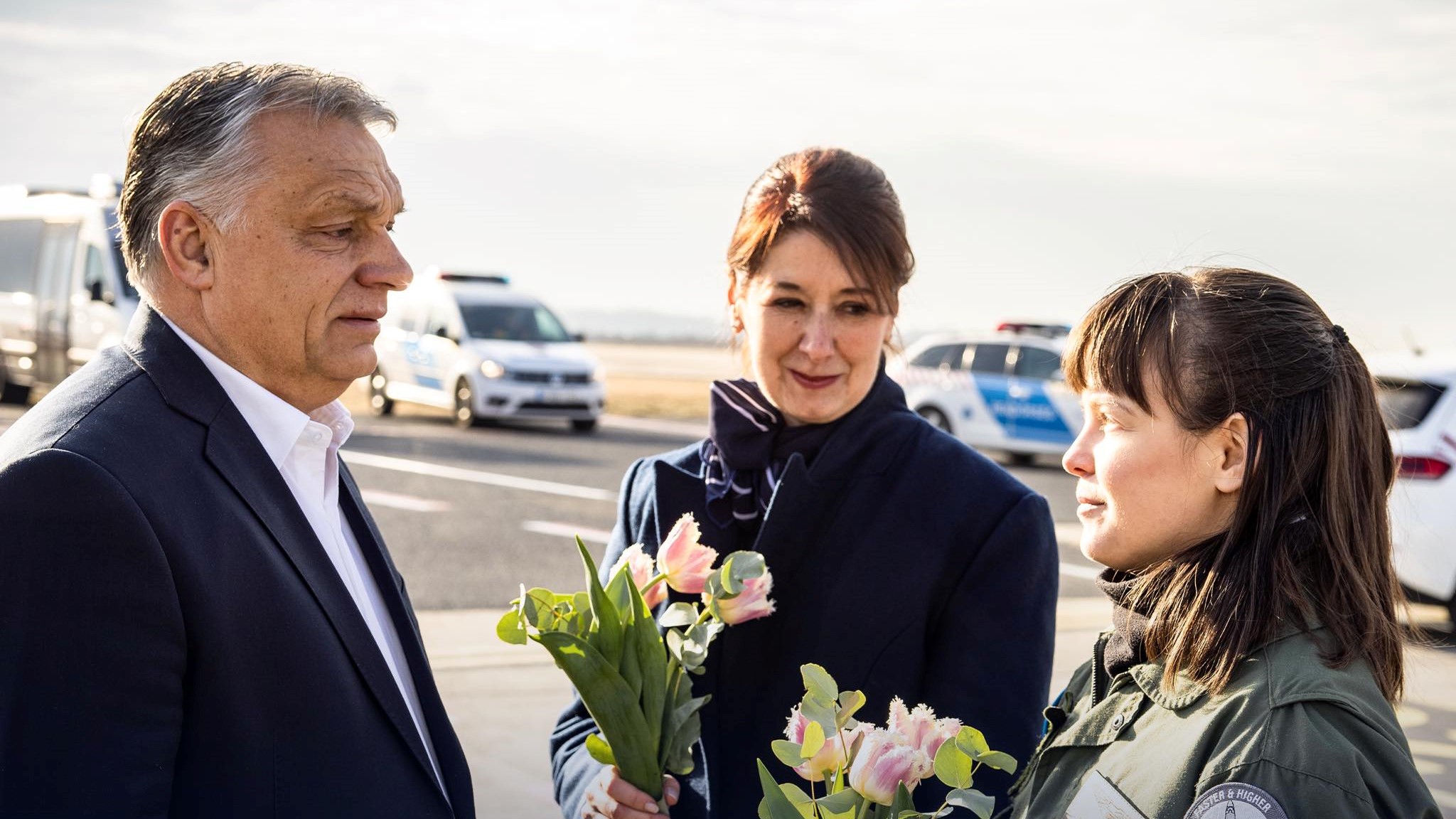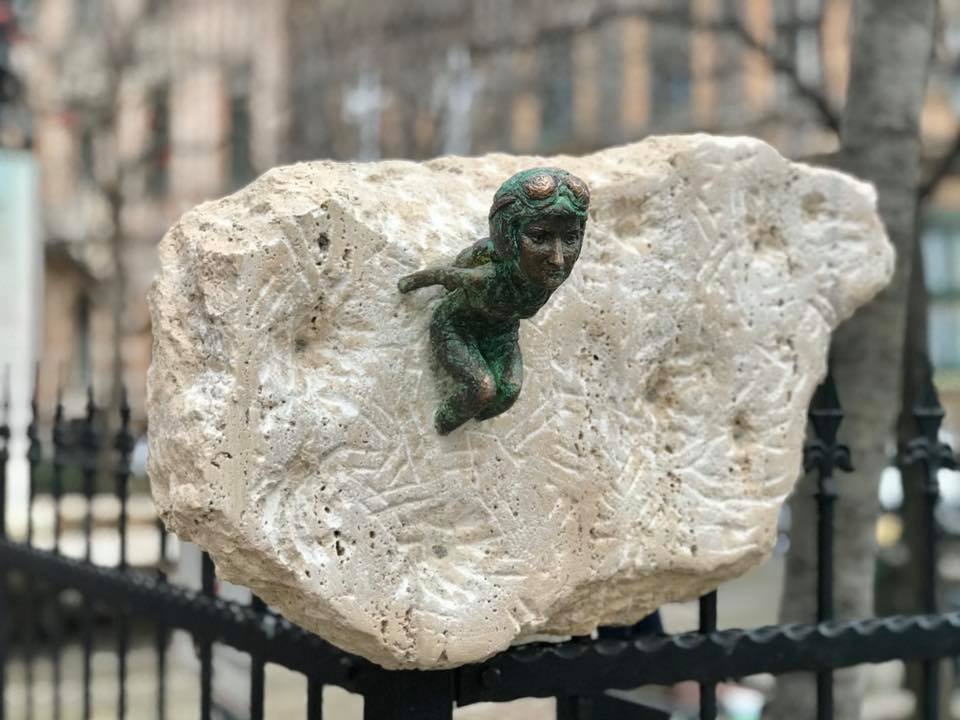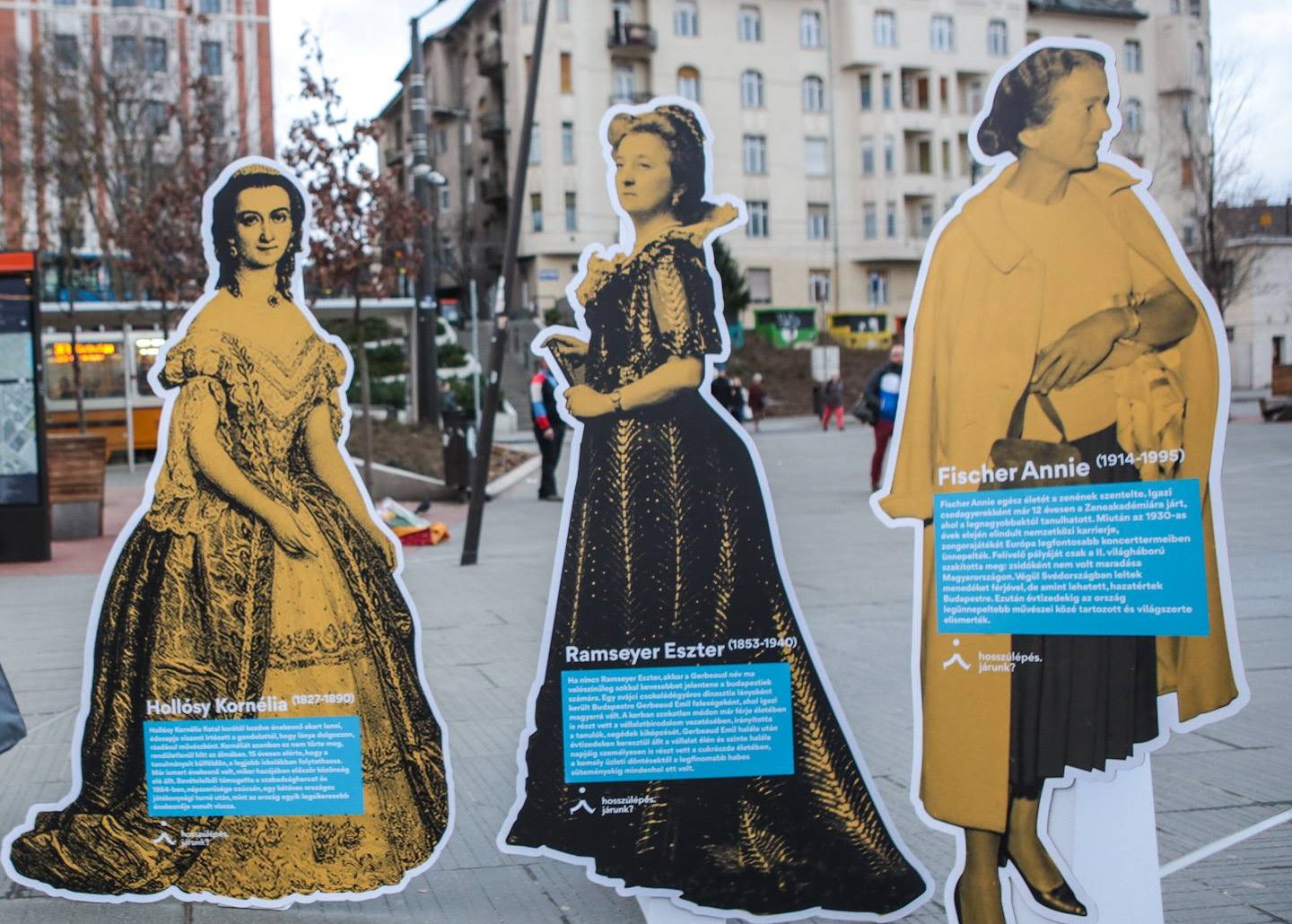
International Women’s Day is celebrated annually around the world on March 8th. The celebration originated as an initiative of socialist organizations in the period before World War I in the struggle for equal rights, including women’s right to vote as well as the emancipation of female workers. For the first time, Women’s Day was held on March 19, 1911. In 1921, its date was finally set to March 8 by a decision of the Second International Conference of Communist Women in Moscow. After 40 years of communism in Hungary and after Hungary’s democratic transformation in 1989, the country seemed to divide into two halves: one half of the country still celebrates International Women’s Day, while the other half completely rejects it precisely because of its communist past. Meanwhile, Hungarian politicians all celebrate this day as they try to get their political message across, including female politicians. We have gathered examples of how Hungarian politicians celebrate International Women’s Day.
This article was originally published on our sister-site, Ungarn Heute.
As already mentioned, the celebration of women originated as an initiative of socialist organizations even before the First World War. In Hungary, the day is also marked by history. Mainly because during communism, in the Rákosi era, the celebration of Women’s Day became obligatory in Hungary, and from 1948 it was celebrated on March 8, following the Soviet model.
Related article
International Women's Day: Miniature Sculpture Commemorates Poet and Parachutist Hanna Szenes
Back in November, the Hosszúlépés. Járunk? (Long Step. Are we going?) tour guide team decided that five extraordinary women who still inspire all of us and were active fighters of women’s equality, will get their own well-deserved statues in Budapest. The second district pledged to erect the statue of Hanna Szenes at Széna square; however, guerrilla-sculptor Mihály […]Continue reading
Even today, politics cannot stay away from this celebration, as everyone tries to win the favor of women at least on this day. Let’s see how different politicians of all affiliations join the celebrations.
The Prime Minister greets a female soldier on his Facebook page with a bouquet of flowers and a salute customary in the Hungarian army likely due to the war in our neighboring country. “[Wish you] Strength and health, ladies!”, can be read under the photo posted on Viktor Orbán’s Facebook page.
In his social media post, the joint PM candidate of the opposition parties, Péter Márki-Zay, wrote that women should be honored and celebrated not only on this day, but throughout the year. The politician added: “The richness of my life was provided by wonderful women,” mentioning his mother, wife, daughters and female colleagues.
Budapest Mayor Gergely Karácsony linked Women’s Day to refugees fleeing the Russian-Ukrainian war and those helping them when he wrote: “Unknown women, everyday heroes. Brave, weak and strong. For me, this Women’s Day is about them.”
On the occasion of Women’s Day, the mayor also visited a night shelter in Budapest, where he greeted the homeless female residents with flowers.
Ferenc Gyurcsány does not consider Women’s Day a “dusty leftist heritage,” and in his video he gives a bouquet of flowers to DK politician Ágnes Vadai.
Jobbik chairman Péter Jakab posted photos on his Facebook page with tulips for Women’s Day.
Lajos Kósa, vice president of the ruling Fidesz party, posted a picture of snowdrops in his mother’s garden, while Finance Minister Mihály Varga can be seen smiling with a bouquet of flowers in his hand.
Related article
Movement for More Women Statues in Budapest Starts with Poll
In Budapest, there are nearly 1,200 statues in the metropolitan area, only 35 of which depict women – less than those depicting animals – who are well-known, that is, a historical figure, artist, hero, or role model, rather than a nude decoration. The Hosszúlépés. Járunk? (Long Step. Are we going?) tour guide team has decided […]Continue reading
Justice Minister Judit Varga, greeted women with a pun. The Hungarian word “woman” (nő) is ambiguous and also refers to the verb “to grow” (“nő”) in the same way. She wrote: “GDP is growing (“nő”), employment is growing (“nő”), the share of family support and rural development funds are also growing (“nő”)😉 Happy Women’s Day!”
Featured photo via Viktor Orbán’s Facebook page


